
I think we all know how Alan Moore feels about the adaptations of his own works. The writer and creator of V FOR VENDETTA, WATCHMEN, and THE LEAGUE OF EXTRAORDINARY GENTLEMEN has said in the past that most of his stories were designed to be unfilmable. When the adaptations were made, Moore wanted to distance himself from them and even asked that his name be taken off any credits.
If you’ve read anything Moore has written, when superheroes are present, so to speak, they are unconventional. They aren’t packaged and placed on the shelves at your local Wal-Mart. You don’t see 5-year olds trick-r-treating as The Comedian. When talking with The Guardian about his latest comic, Fashion Beast, the interviewer mentions that several writers including Neil Gaiman have cited Moore as an influence. Moore explains doesn’t mind this as long as he isn’t being blatantly ripped off then says, “Grant Morrison has actually self-confessedly made a tactic of not only basing some of his narratives on my style or my work but also trying to make himself more famous by slagging me off at every opportunity. I have nothing to do with him.”
The interviewer states that Geoff Johns based his Green Lantern series on Moore’s “Tygers”, this then causes a loaded rant at heroes of today:
“Now, see. I haven’t read any superhero comics since I finished with Watchmen. I hate superheroes. I think they’re abominations. They don’t mean what they used to mean. They were originally in the hands of writers who would actively expand the imagination of their nine- to 13-year-old audience. That was completely what they were meant to do and they were doing it excellently. These days, superhero comics think the audience is certainly not nine to 13, it’s nothing to do with them. It’s an audience largely of 30-, 40-, 50-, 60-year old men, usually men. Someone came up with the term graphic novel. These readers latched on to it; they were simply interested in a way that could validate their continued love of Green Lantern or Spider-Man without appearing in some way emotionally subnormal. This is a significant rump of the superhero-addicted, mainstream-addicted audience. I don’t think the superhero stands for anything good. I think it’s a rather alarming sign if we’ve got audiences of adults going to see the Avengers movie and delighting in concepts and characters meant to entertain the 12-year-old boys of the 1950s.”
Moore’s Fashion Beast was a film idea that was abandoned 28-years ago so the adaptation here is not quite the same as what has been done with his comic creations. The writer seems to almost scoff at this idea saying:
“It was certainly a lot more agreeable from my point of view. My main point about films is that I don’t like the adaptation process, and I particularly don’t like the modern way of comic book-film adaptations, where, essentially, the central characters are just franchises that can be worked endlessly to no apparent point. In most cases, the original comic books were far superior to the film. With this, it started out as my first-ever film script or attempt at one. I was pleased with the results and I think that Malcolm was quite pleased with the results, but through circumstances quite unconnected to either of us the film never got made. So it was kind of existing in a weird hinterland of my memory.”
Is Moore correct in his thoughts on superheroes? Also, should anyone have even bothered adapting WATCHMEN or V FOR VENDETTA?


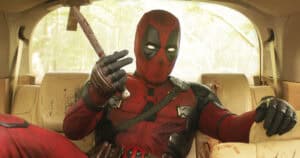
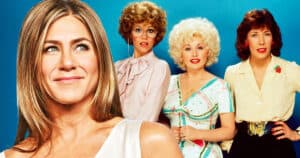
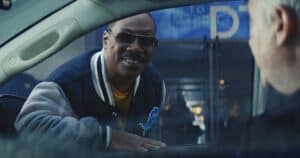
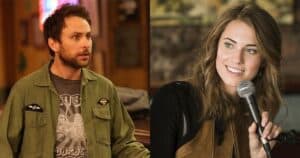
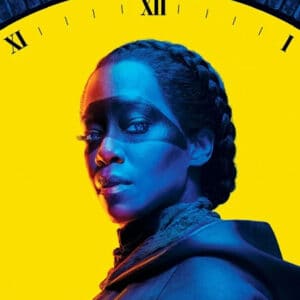
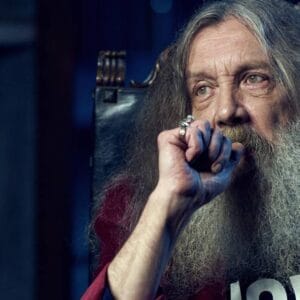
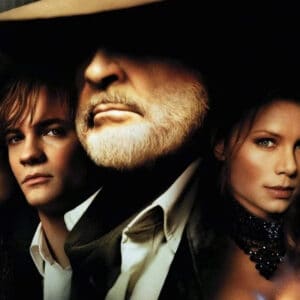
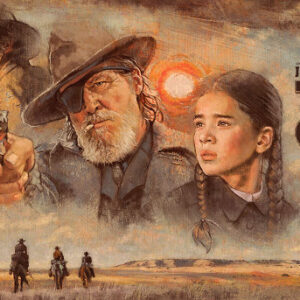
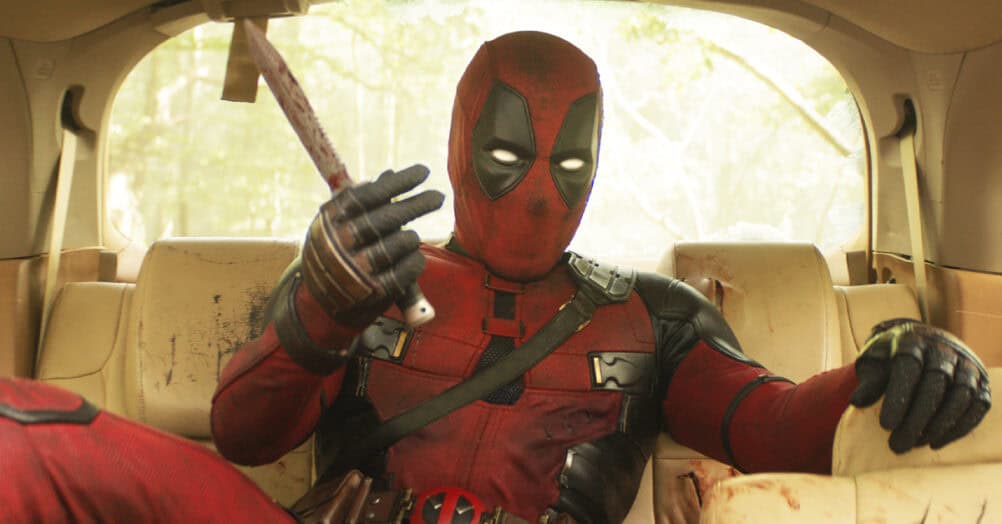

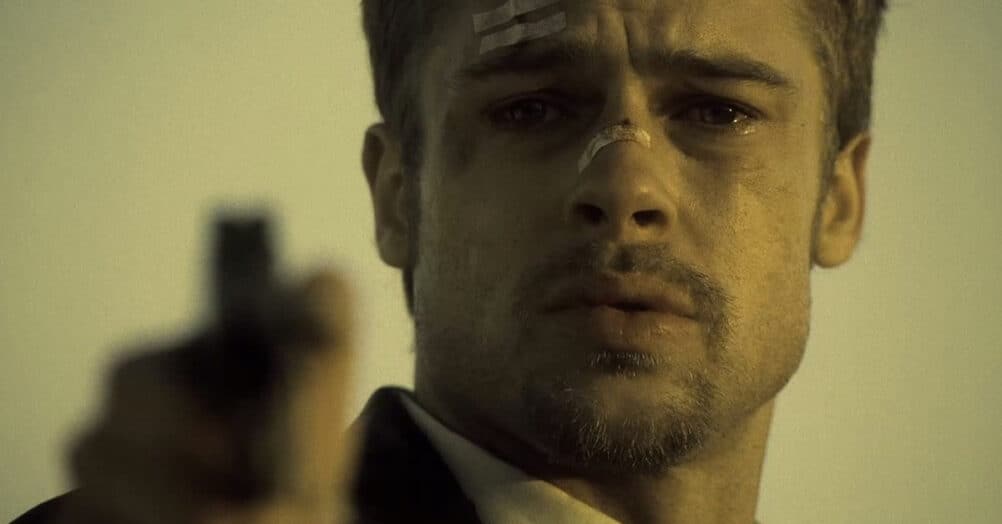
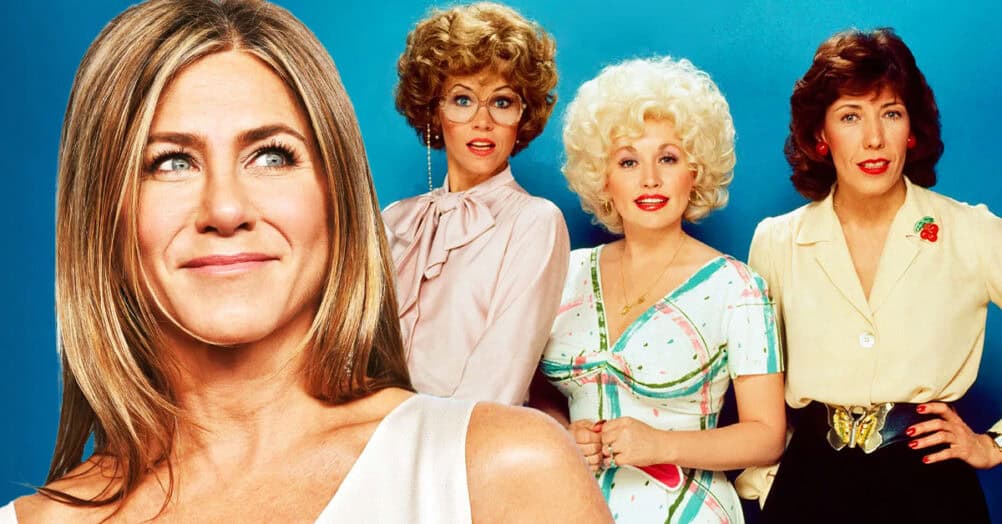
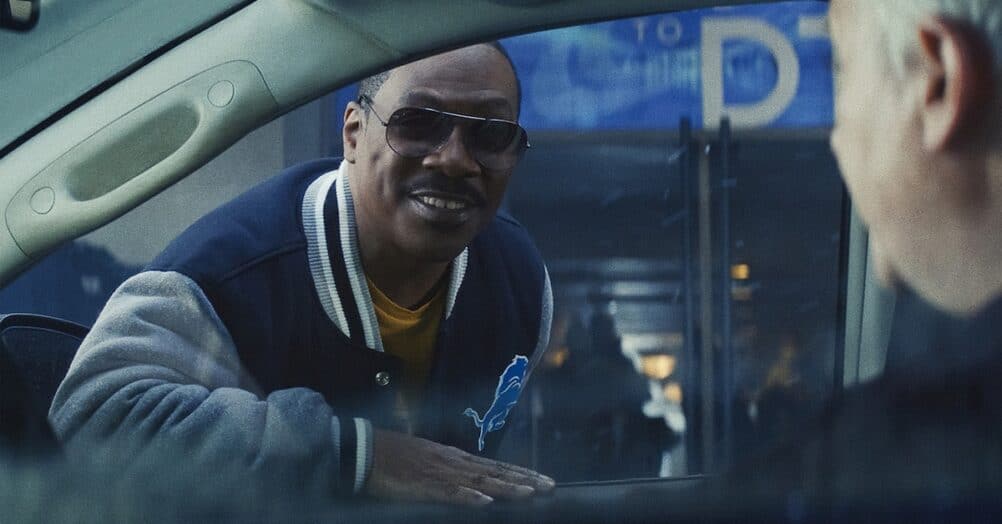
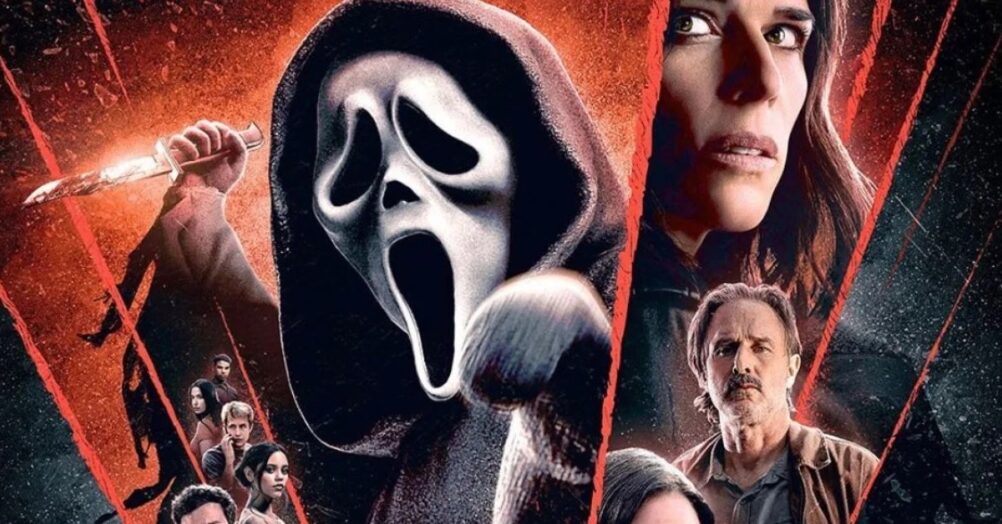
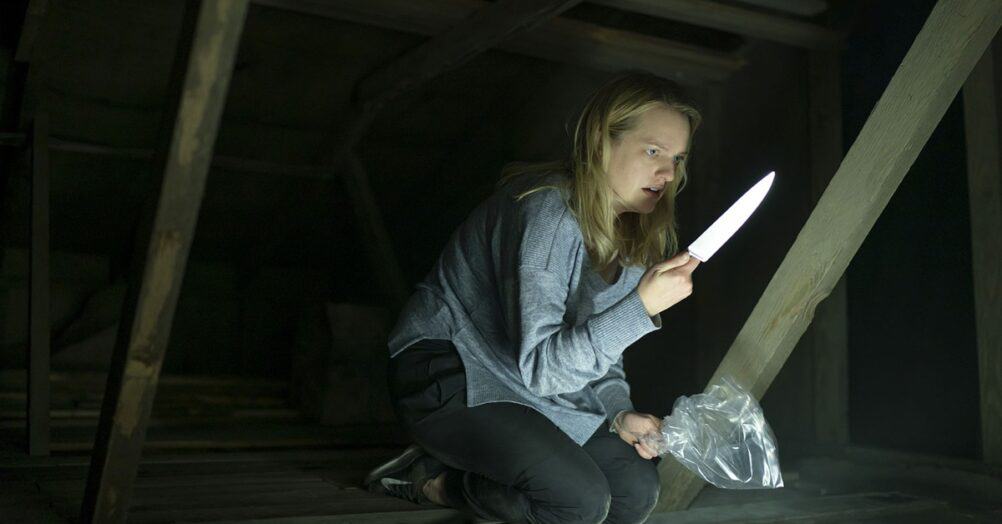
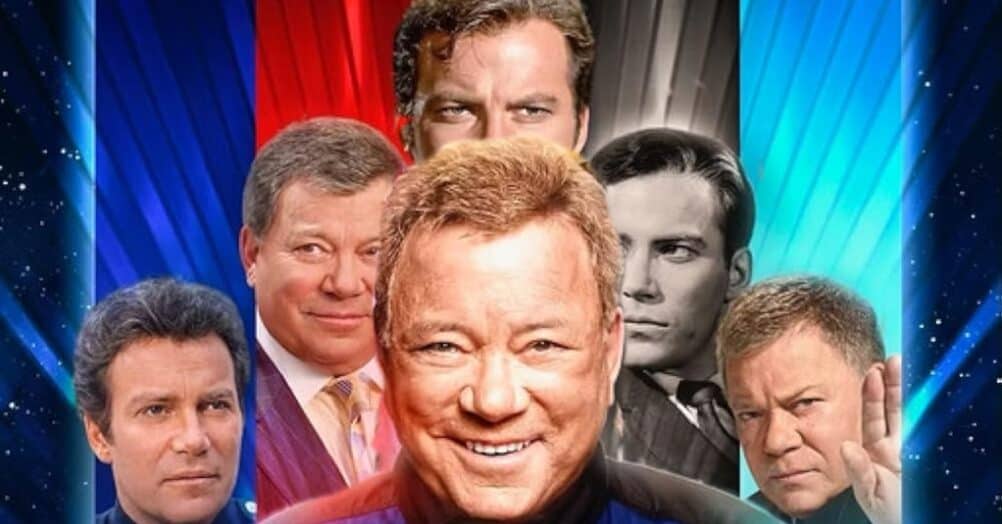

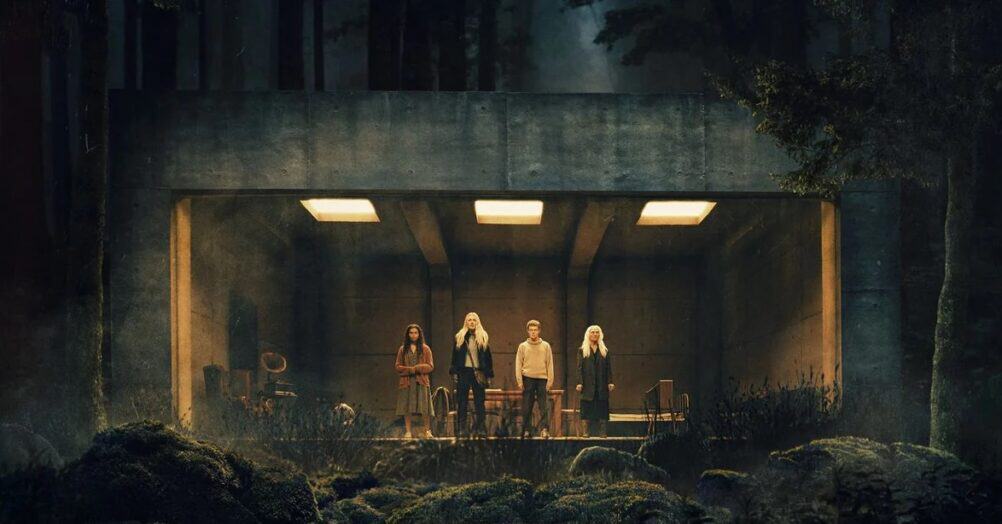
Follow the JOBLO MOVIE NETWORK
Follow us on YOUTUBE
Follow ARROW IN THE HEAD
Follow AITH on YOUTUBE